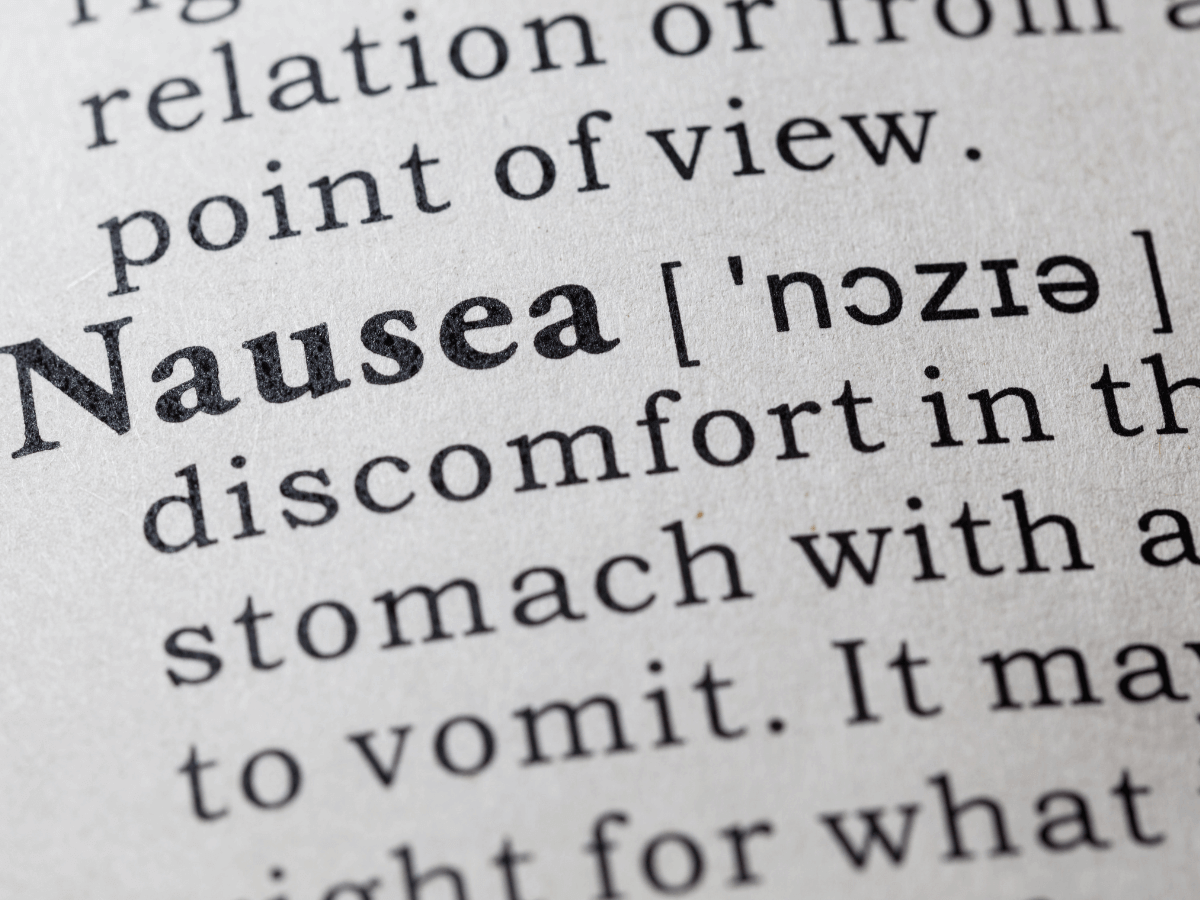
Kiss Motion Sickness Goodbye With These Nausea-Busting OTC Medications
Feeling nauseous and uneasy when traveling can really dampen the joy of any trip. Motion sickness from riding in cars, buses, boats, or planes affects many people at some point. It usually starts with certain parts of your body sending signals to your brain, telling it that something isn't right.
- Sensory Input: It all begins with your senses. Your eyes, ears, nose, and even your skin can pick up signals from the environment around you. For example, if you see something unpleasant, smell a bad odor, or feel dizzy from motion, your senses send these messages to your brain.
- The Brain's Response: Your brain processes these signals and tries to figure out what's going on. Sometimes, it recognizes that the information is not matching up or there's something harmful or unusual happening in your body.
- The Alarm System - The Vomiting Center: In your brain, there is a special area called the "vomiting center." When your brain thinks something is wrong, this vomiting center can be activated as a protective mechanism to try and get rid of anything harmful from your body.
- Release of Chemicals - Histamine: When the vomiting center is activated, it releases certain chemicals, one of which is called "histamine." Histamine plays a significant role in causing nausea. It affects your digestive system and the area in your brain that controls nausea.
- Nausea Sensation: The release of histamine and other chemicals can make your stomach feel queasy and give you that unpleasant sensation of nausea. It's your body's way of trying to warn you that something might be wrong and that you need to be careful.
Remember that nausea itself is not a sickness but a symptom of something else going on in your body. Thankfully, several accessible over-the-counter medications can provide relief for that nauseating, dizzy feeling.
Ginger Supplements (flowering plant)

Ginger has been used for centuries to settle upset stomachs. Studies show ginger is effective at alleviating nausea, vomiting and cold sweating caused by motion sickness. Take ginger tablets or capsules about 1-2 hours before traveling for preventive effects. Ginger candies and teas can also ease symptoms.
Anticholinergics (nerve blockers)

OTC drugs like dimenhydrinate (Dramamine) and meclizine (Bonine) are anticholinergic medications that block neurotransmitters involved in nausea and dizziness. Take an oral dose 30-60 minutes before traveling as prevention. These can make you drowsy, so avoid driving after use.
Antihistamines (allergy relief)

Some antihistamines like diphenhydramine (Benadryl) have anticholinergic properties and can reduce motion sickness effects like vertigo. They also cause drowsiness, so they are better suited for night travel.
While not as convenient as a pill, acupressure wristbands that apply pressure to the P6 acupoint can provide drug-free relief by altering nerve signals. Staying hydrated, focusing on the horizon, and eating light, low-fat snacks can also ease symptoms. Discuss options with your doctor before travel, especially for children.
With some preparation using these OTC medications, motion sickness doesn’t have to ruin your ability to comfortably get from point A to B. You can focus on enjoying the ride and the adventures that follow!


